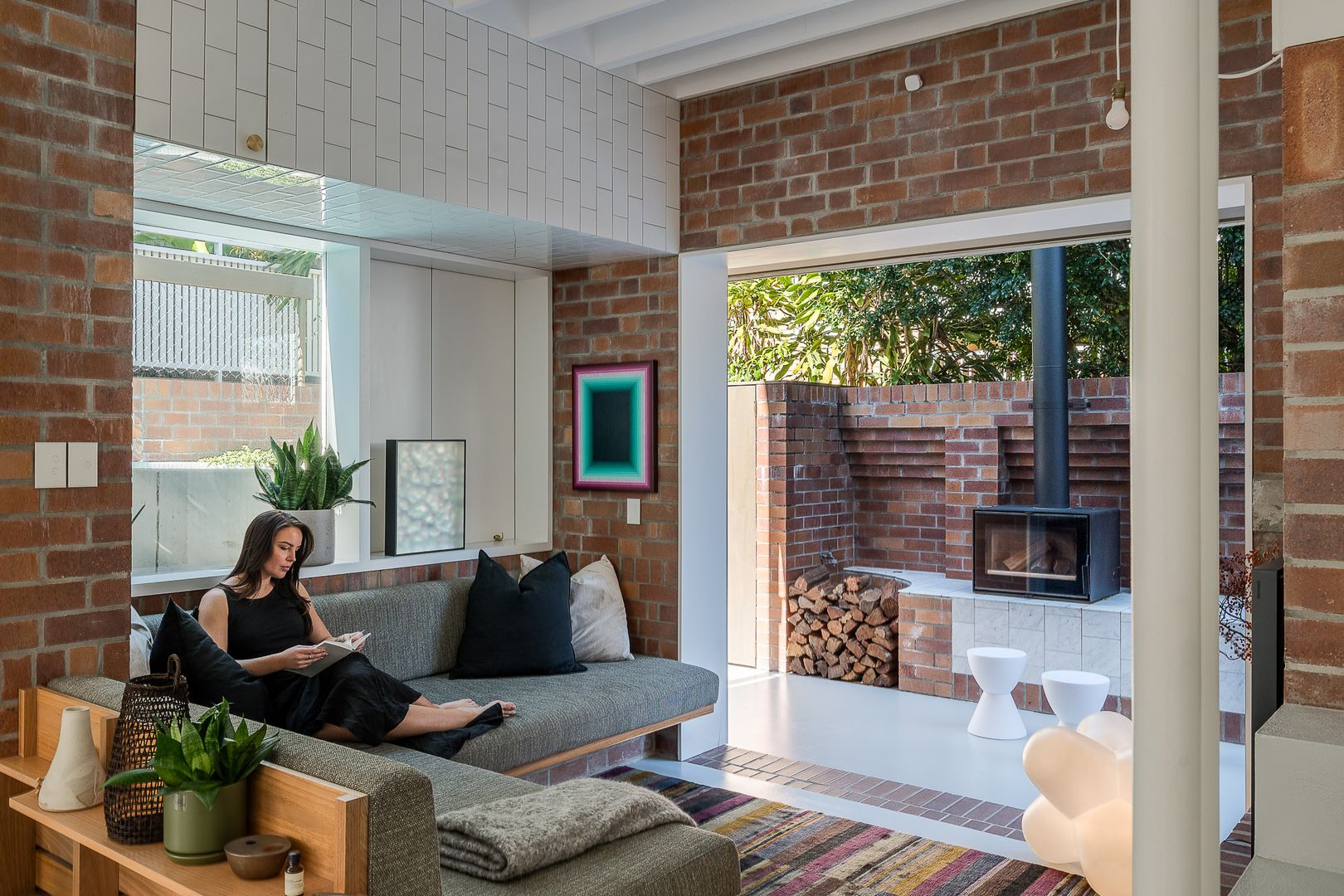March 6, 2025
The Pros and Cons of Buying vs. Renting a Home
Deciding whether to buy or rent a home is a significant financial and lifestyle decision. Both options offer unique benefits and drawbacks, and the best choice depends on your circumstances.
Ibas MajidSoftware Engineer

Introduction
Deciding whether to buy or rent a home is a significant financial and lifestyle decision. Both options offer unique benefits and drawbacks, and the best choice depends on your circumstances. This article examines the advantages and disadvantages of each approach to help you make an informed decision.
Advantages of Buying a Home
1. Long-Term Investment
Homeownership allows you to build equity over time. As you pay down your mortgage, you increase ownership in the property, potentially benefiting from market appreciation.
2. Stability and Predictable Payments
A fixed-rate mortgage ensures stable monthly payments, unlike rental prices, which can fluctuate annually.
3. Freedom to Customize
Homeowners can modify their property without seeking landlord approval, making it easier to personalize and increase the home’s value.
4. Potential Tax Benefits
Mortgage interest and property tax deductions can reduce taxable income, providing financial advantages.
Disadvantages of Buying a Home
1. High Initial Costs
A home purchase requires a substantial upfront investment, including a down payment, closing costs, and potential renovation expenses.
2. Responsibility for Maintenance
Unlike renting, homeowners must manage and finance repairs and maintenance. Unexpected costs, such as plumbing or roof repairs, can be significant.
3. Less Flexibility
Selling a home requires time and effort, making it more challenging to relocate quickly compared to renting.
Advantages of Renting a Home
1. Lower Upfront Costs
Renting typically requires only a security deposit and the first month’s rent, making it more accessible than buying.
2. Flexibility
Leases allow renters to move easily without the burden of selling a property. This is particularly beneficial for individuals who anticipate job relocations or lifestyle changes.

3. No Maintenance Responsibilities
Landlords are generally responsible for property repairs, reducing unexpected financial burdens for tenants.
Disadvantages of Renting a Home
1. No Equity or Investment Returns
Monthly rent payments do not contribute to ownership, meaning tenants do not build equity over time.
2. Potential Rent Increases
Landlords may raise rental prices, making long-term affordability uncertain.
Conclusion
Both buying and renting have their merits. If long-term stability and investment potential are priorities, purchasing a home is a wise choice. However, if flexibility and lower upfront costs are important, renting may be the better option. Consider your financial situation and lifestyle goals before making a decision.